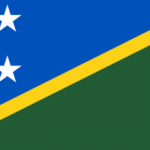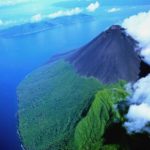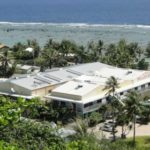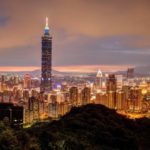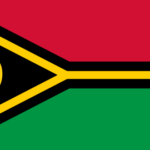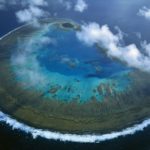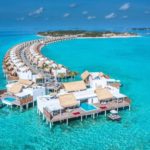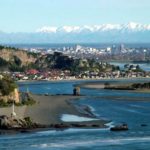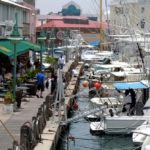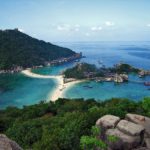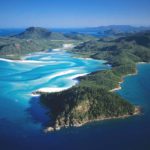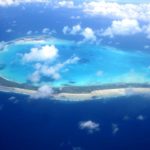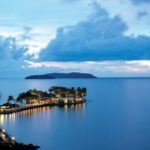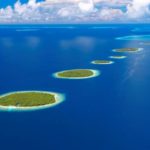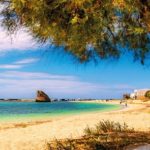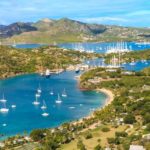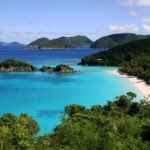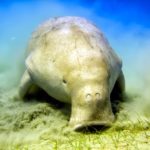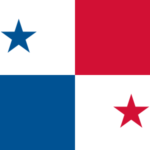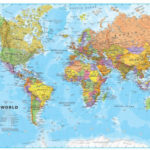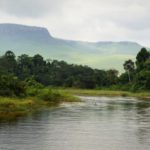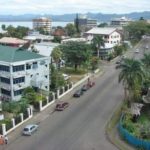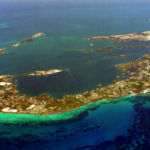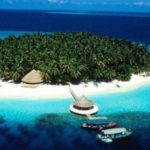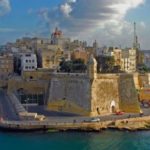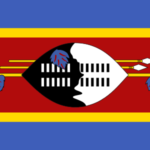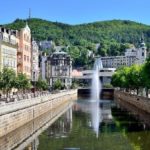Interesting facts about Palau
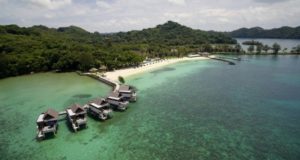 The Republic of Palau is one of the most beautiful countries in the world. At least, this is what those who have been to visit this island nation, usually admire the green islands growing out of the sea surface and dive under the water, having seen the amazing underwater world of Palau. It’s really as beautiful as the tourist booklets promise.
The Republic of Palau is one of the most beautiful countries in the world. At least, this is what those who have been to visit this island nation, usually admire the green islands growing out of the sea surface and dive under the water, having seen the amazing underwater world of Palau. It’s really as beautiful as the tourist booklets promise.
There is no army in this country. At all.
Theft in Palau is absent everywhere.
Prices for tourists here for most goods and services are higher than for local residents.
The world’s largest bivalve mollusks live in the coastal waters of Palau – giant tridacnas, with a diameter of up to 2 meters and a weight of up to 220-250 kg.
There is no public transport in Palau at all. Guests of this state are only two options – rent a car or motorcycle, or use a very expensive taxi. All local residents move on their own transport.
Of the 328 islands that make up the Republic of Palau, most are uninhabited.
In the past, the Palau Islands belonged to Spain, Germany, Japan and the United States.
About 21 thousand people live in the whole Republic of Palau. This is about 600 times less than in Moscow.
Throughout the year, the air temperature here remains almost unchanged, averaging 27-30 degrees.
The Republic of Palau gained independence from the United States only in 1994, which makes it one of the youngest countries in the world.
There are no political parties here.
The official currency of Palau is the US dollar.
English has an official status here on a par with Palauan, but in practice only about 15% of the population speaks it. Mostly those who work with tourists.
Around 130 different species of sharks inhabit the waters around Palau (see interesting facts about sharks). There are about 1500 species of other fish here.
Here is located one of the natural wonders of the world, Lake jellyfish, in which there are several million. They bred so much because of the lack of natural enemies, and therefore lost the ability to sting.
Slightly less than 10% of local residents are not literate.
Almost all Palauans profess various denominations of Christianity, but about 9% adhere to the religion of modekgey, not found in other countries. It combines elements of Christianity and traditional local beliefs.
